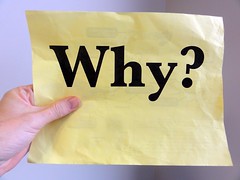

- ask@ferris.libanswers.com
- Phone Number231.591.3500
- FLITE Hours



What is a database?? A database is "A collection of information organized in such a way that a computer program can quickly select desired pieces of data. You can think of a database as an electronic filing system" (University of Toledo Computer Science and Engineering Glossary, nd.).
So, if you want to find information on a certain topic, you can do a keyword search to find the related "files", or in this case, most likely articles.
You likely use databases all of the time, such as Google, or online shopping websites, but don't even realize that a database is what you're using.
The Databases by Major option is a quick route to find databases for your research!
3D interactive models of human anatomy as well as media, x-rays, MRIs, animations, and live-action movies. Video clips can be downloaded for use in presentations.
Full text articles from medical journals and health magazines as well as reference sources, streaming video, audio, and images on health-related issues. Also includes Spanish editions of notable content and a Spanish search filter.

Everson, B. (2012). Why? [photo]. CC. Retrieved from http://www.flickr.com/photos/editor/6698208975/
1. Most of what you find on Google isn't scholarly.
2. When you do find something scholarly on Google, the site often asks you to pay for it.
3. You should never have to pay for content. That's what the library is for!